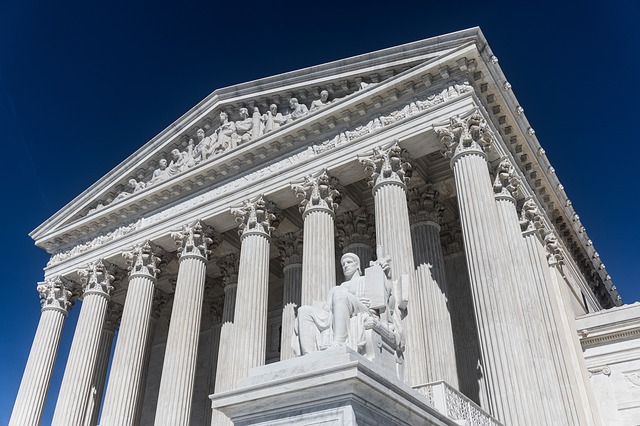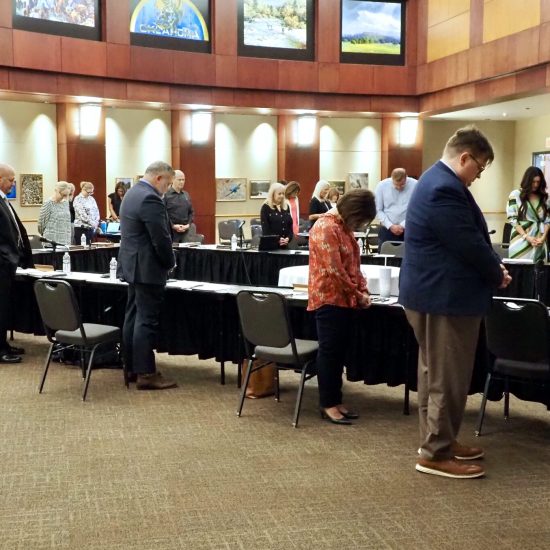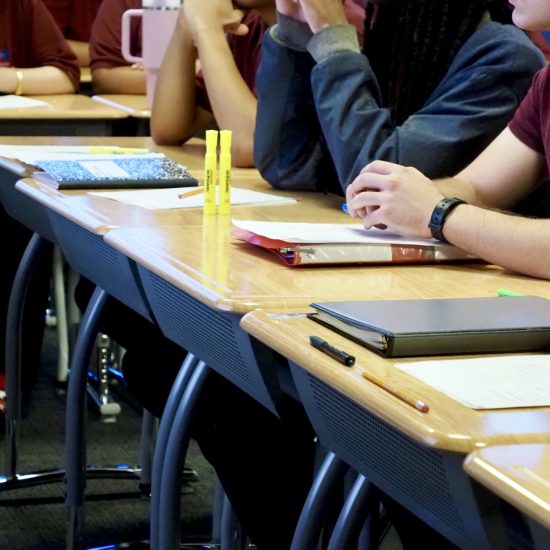WASHINGTON (RNS) — What if an atheist baker refused to bake a cake for a First Communion?
What if a college with a religious affiliation didn’t want to rent out its chapel to a gay couple?
What if a make-up artist didn’t want to ready a gay couple for their wedding?
 At the Supreme Court on Tuesday, Dec. 5, 2017, in Washington, oral arguments were heard in Masterpiece Cakeshop, Ltd. v. Colorado Civil Rights Commission, a free speech case rooted in the religious convictions of the plaintiff. (Pixabay)At the Supreme Court Tuesday (Dec. 5), the justices lobbed hypothetical after hypothetical at the lawyers representing each side of Masterpiece Cakeshop, Ltd. v. Colorado Civil Rights Commission, a free speech case rooted in the religious convictions of the plaintiff — and one of the most publicized cases of the year.
At the Supreme Court on Tuesday, Dec. 5, 2017, in Washington, oral arguments were heard in Masterpiece Cakeshop, Ltd. v. Colorado Civil Rights Commission, a free speech case rooted in the religious convictions of the plaintiff. (Pixabay)At the Supreme Court Tuesday (Dec. 5), the justices lobbed hypothetical after hypothetical at the lawyers representing each side of Masterpiece Cakeshop, Ltd. v. Colorado Civil Rights Commission, a free speech case rooted in the religious convictions of the plaintiff — and one of the most publicized cases of the year.
No one on either side of the dispute doubts that Colorado baker Jack Phillips’ sincere Christian convictions drove his 2012 decision to refuse to custom bake a wedding cake for Charlie Craig and David Mullins.
Phillips will sell gay people cupcakes, brownies and birthday cakes, but because he believes gay marriage is a sin, he won’t bake a cake for their weddings.
The Colorado Civil Rights Commission called that stance discrimination, and every court Phillips appealed to has agreed. He is hoping the Supreme Court will give a different answer.
“It’s hard to believe,” Phillips said, tearing up outside the court after his case had been heard, that the government wanted him to choose between his business “and violating my relationship with God.”
Inside the court, lawyers representing the couple said the state of Colorado merely insisted that the baker abide by its Anti-Discrimination Act, which requires businesses to serve everyone, regardless of race, gender, disability or sexual orientation.
Phillips is free to express his opinions regarding gay marriage, but businesses can’t allow those opinions to justify discrimination against gay people in the same way they can’t allow them justify discrimination against black people, said David D. Cole, the National Legal Director of the American Civil Liberties Union, who argued on behalf of Craig and Mullins.
“To do that would be to constitutionally relegate gay and lesbian people to second class status, even when a state has chosen, as Colorado has done here, to extend them equal treatment,” Cole said.
As in other recent cases with heavy religious overtones — the Hobby Lobby decision on contraceptives and insurance coverage in 2014 and the case that legalized gay marriage a year later — the justices divided along their usual lines, with Anthony Kennedy playing his usual role as the up-for-grabs justice whose vote could likely decide the case.
And, as usual, Kennedy offered each side reason for hope. He fretted about Phillips’ behavior toward gay people, but he also sensed among Colorado officials a “hostility to religion.”
The court is expected to rule on the case in early summer.
See also:
Opponents in LGBT Case Agree: It’s Not About Wedding Cake (RNS)






